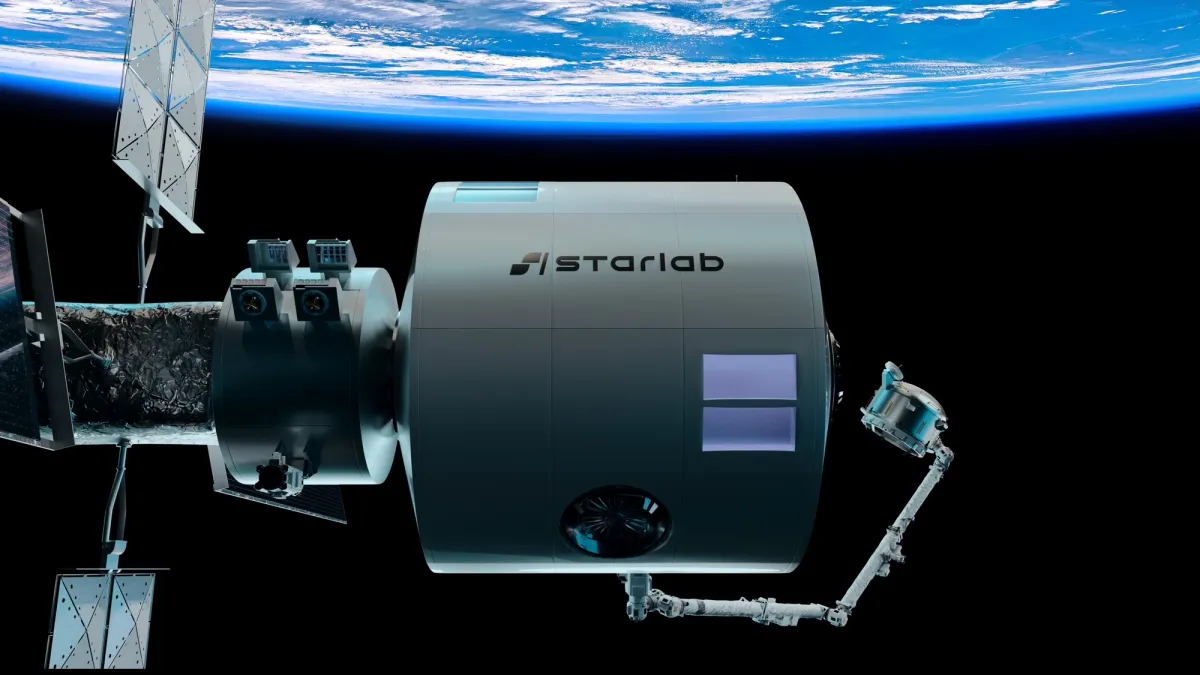Starlab Space, a joint venture involving Voyager Space and Airbus Defence and Space, has announced a strategic partnership with Palantir Technologies aimed at enhancing operational efficiency through artificial intelligence (AI) on its future commercial space station.
The collaboration, revealed on June 20 without disclosing financial terms, marks a significant move for Starlab, similar to its previous agreement with Northrop Grumman in October 2023.
Under the new agreement, Palantir will leverage its AI capabilities to develop a digital twin of the Starlab station. This software-based model aims to optimize station operations, proactively identify potential issues, and streamline preventive maintenance.
“Palantir’s advanced AI technologies will revolutionize how space stations are managed and operated,” said Tim Kopra, CEO of Starlab Space. “Their expertise in data analytics and predictive modeling will drive innovation and efficiency across our joint venture.”
While Palantir has focused primarily on national security space projects, including a notable contract with the U.S. Space Force, this partnership signifies its entry into commercial space operations.
“We are excited about this partnership as we expand our capabilities to provide real-time intelligence globally and in space,” stated Alex Karp, CEO of Palantir, regarding the agreement.
Starlab Space plans to launch its commercial space station by the end of this decade, positioning it as a successor to the International Space Station (ISS). Designed with a single large habitation and lab module, the station intends to serve NASA, other space agencies, and commercial clients.
“Our collaboration with Palantir, alongside leading aerospace corporations, will enhance the efficiency, sustainability, and safety of human space exploration,” commented Dylan Taylor, Chairman and CEO of Voyager Space.
The initiative places Starlab Space among a select group of companies, including Axiom Space and Blue Origin, funded by NASA to develop commercial space stations. Axiom, for instance, aims to install a commercial module on the ISS, while other firms like Vast and Gravitics pursue their own space station concepts.


